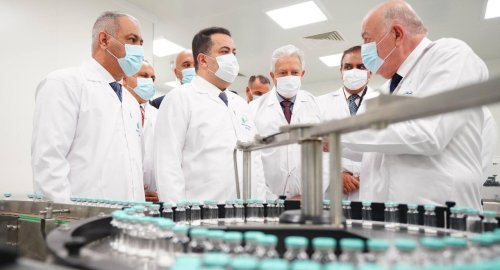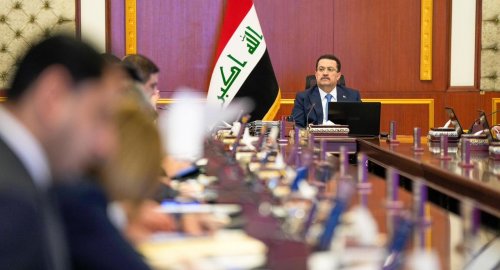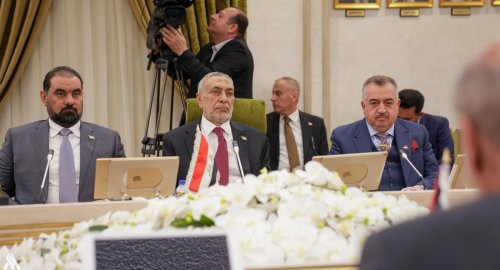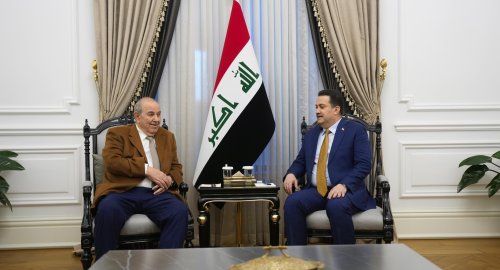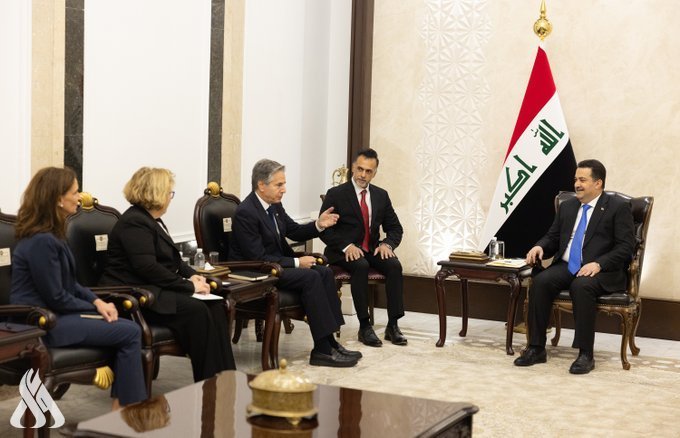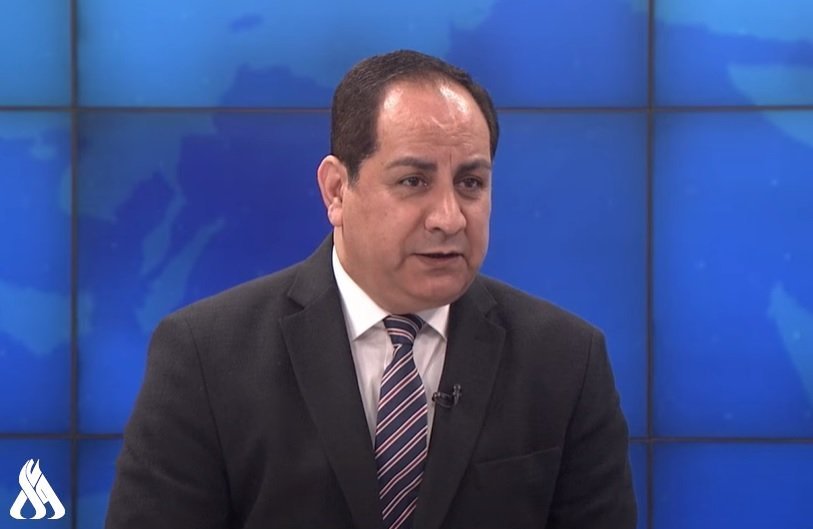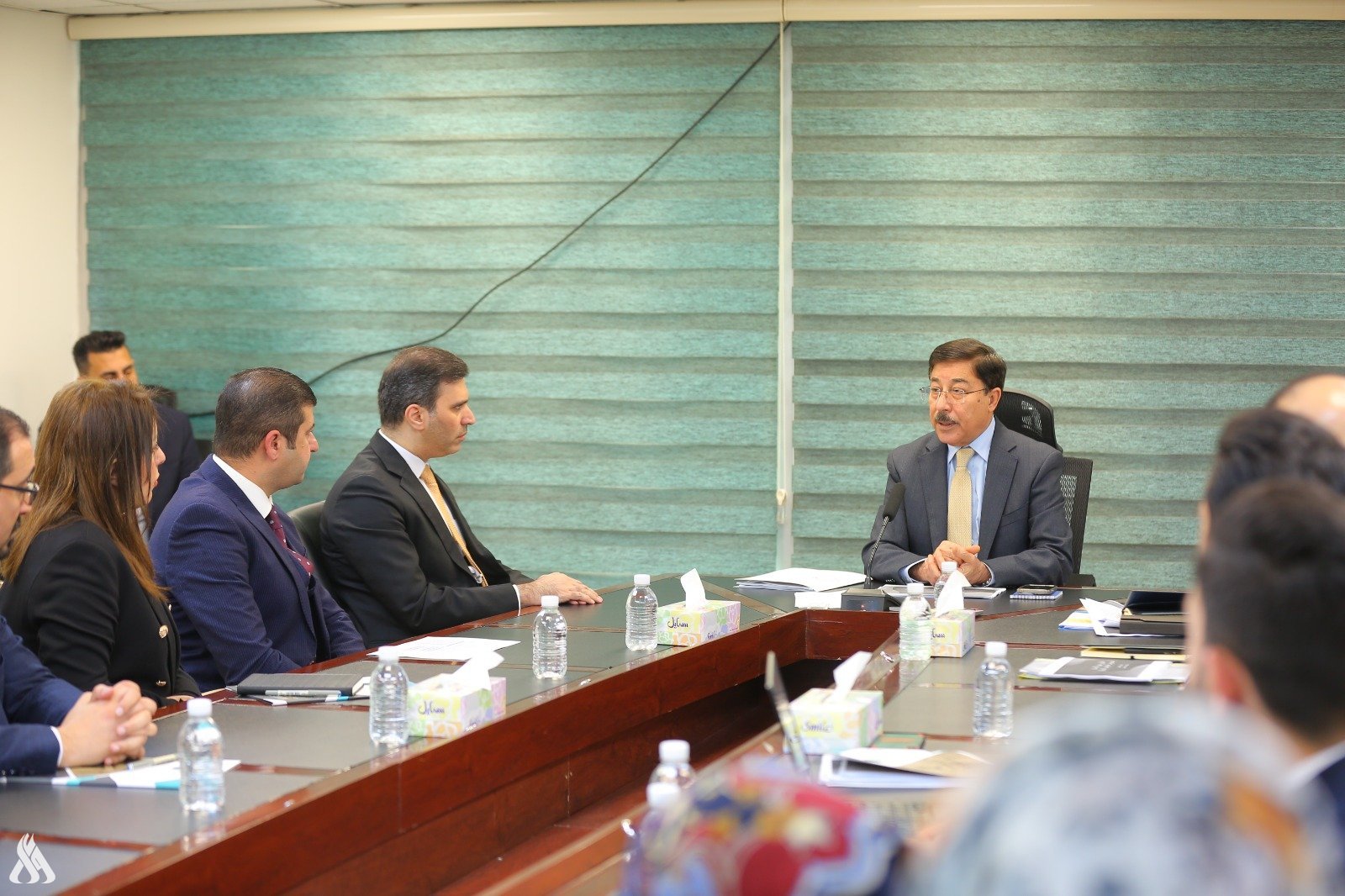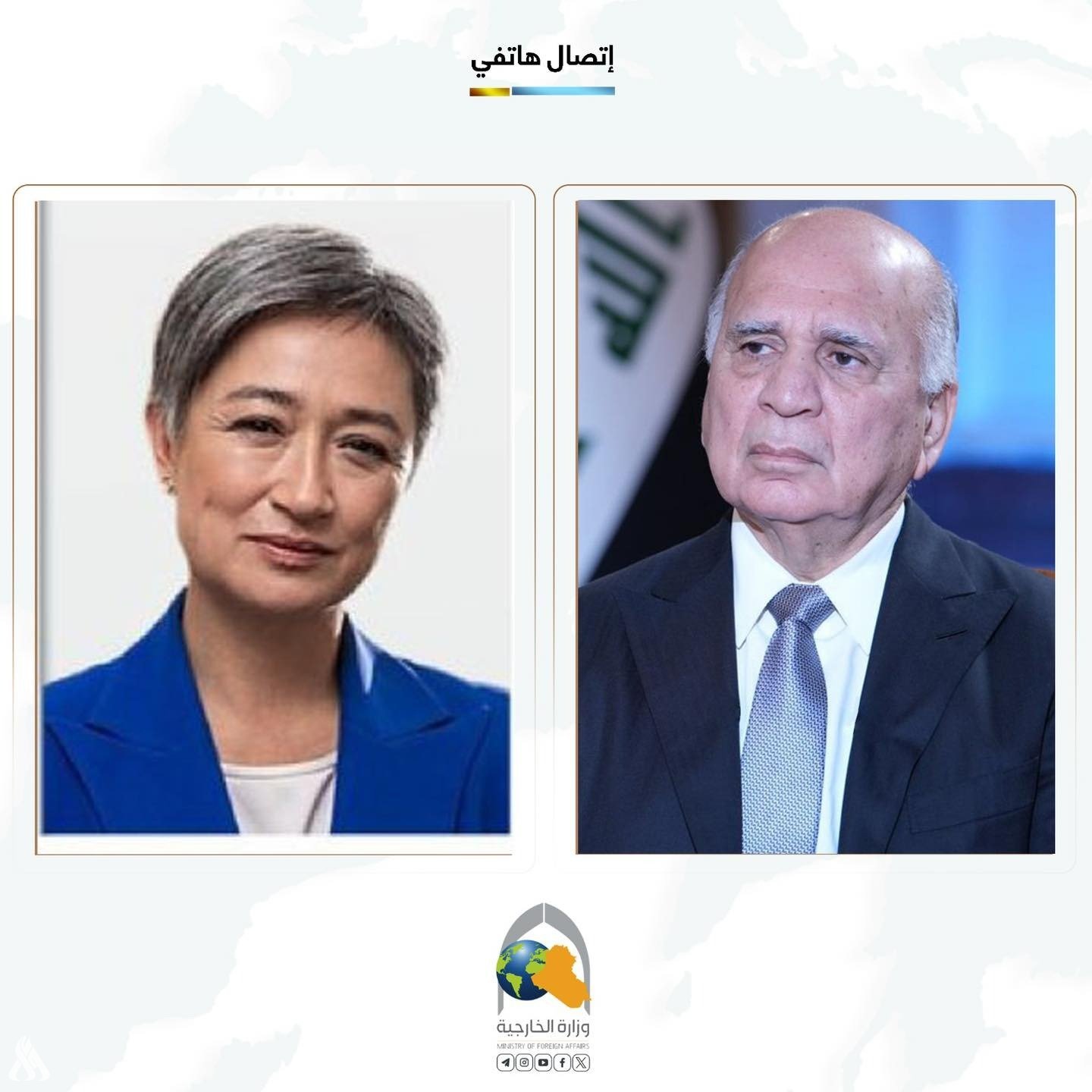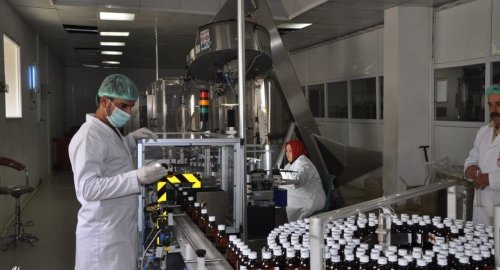
MOH: Iraq to be the first regional producer of 20 advanced pharmaceutical materials

- Today, 20:13
INA – BAGHDAD
The Ministry of Health - MOH announced on Monday that the funding of pharmaceutical factories has increased to 44% during the current year, indicating that qualitative leaps were recorded in the volume of local production.
"The current government has placed the pharmaceutical industry at the top of its priorities and has taken a group of decisions that have contributed to achieving remarkable development in this sector, whether in terms of production volume or the development of existing factories,” said MOH spokesman, Saif Al-Badr, to the Iraqi News Agency – INA.
Al-Badr added that "during the past two years of the current government's term, the number of factories producing medicines and medical supplies has increased to 32, including 8 factories that were recently opened, and there are 18 factories under construction. The total number is expected to reach 50 factories soon."
“The government's efforts have resulted in achieving qualitative leaps in the volume of local production. In 2022, the number of local pharmaceutical products reached 167, rising in 2023 to 201 products, and reaching 245 products by October 2024, including 20 specialized treatments for cancer diseases," he explained.
He pointed out that "within two months of the current government taking over in late 2022, 104 contracts. As for the year 2023, it witnessed a big leap with the conclusion of 591 contracts, while the year 2024 witnessed the conclusion of 510 contracts until October,” noting that “the financing rate for national factories increased from 26% in 2022 to 30% in 2023, and reached 44% in 2024, reflecting the government’s ongoing commitment to supporting the national industry.”
Al-Badr noted that “the government and the Ministry of Health have adopted encouraging policies for the local industry to localize the pharmaceutical industry, including granting investment protection for 10 years to all companies wishing to transfer technology for the manufacture of biological medicines, blood extracts, cancer, and hormonal treatments, to enhance local production and reduce dependence on imports in hard currency.”
“This decision included all factories that take the initiative to produce any cancer or biological drugs, blood extracts or hormonal treatments,” he added, explaining that “224 materials were identified that require special, complex and advanced technologies to produce,” noting that “Iraq will be the first to produce them, as it will be the first manufacturer in the Middle East to produce at least 20 materials out of the total 224 materials.”
